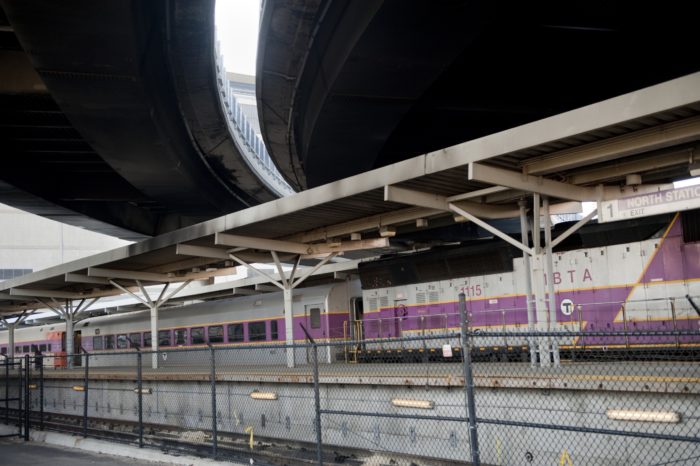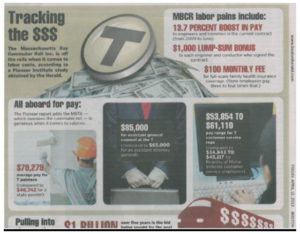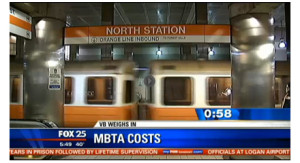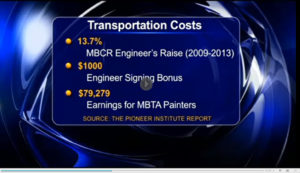New Report: Runaway Transportation Costs
Pioneer’s new research director (former state Inspector General) Greg Sullivan is the author of the new policy brief outlining concerns with procurement of the MBTA’s commuter rail contract. It’s the first in a series he will be releasing on this issue.
The brief argues that since labor expenses account for more than 70 percent of the costs of the commuter rail system, addressing that issue head-on represents a major opportunity for long-term savings. Greg includes information on “signing bonuses” for existing employees, employees being paid not to show up, receiving raises every six months, minimal health insurance co-payments, using overtime to game the system, and more perks that are way out of line with those received by their counterparts in both the public and private sectors.
At Pioneer, we believe the conversation needs to focus not just (and not even primarily) on revenue, but rather on egregious cost structures within the state transportation system that have put us in our current situation, which includes 45 percent of MassDOT’s budget going to pay debt service and a system-wide operating deficit that is on track to be more than $500 million by 2018.
In the case of the MBCR contracts, taxpayers have not been a party to the secret labor agreements, but they shoulder much of their costs.
Pioneer hopes to see as part of the final transportation legislation a commission set up to ensure that MBCR labor contracts are made public. The Legislature should then act to change the most egregious provisions (Legislatively mandated reforms supersede the contracts).
Pioneer further believes that real competition for the MBTA’s commuter rail contract is critical to meeting our transportation needs.
Recent news coverage:
Boston Herald: ‘Runaway’ costs on rail & T
CBS Boston: Report: MBTA Spending Out Of Control On Employee Pay
Fox 25 News: Report: MBTA salaries far above other state agencies
WCVB: “New report accuses MBTA of runaway transportation costs”






